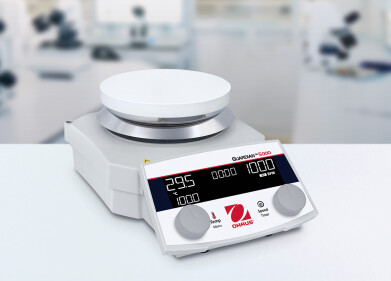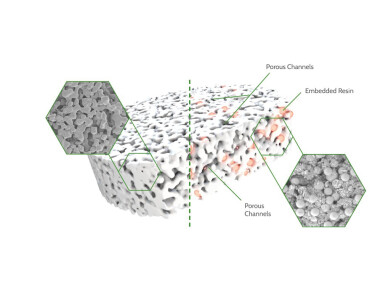Laboratory Products
Thought Leader Award Supports Web-Based Tools for Cancer and Drug-Safety Research
Sep 05 2013
Agilent Technologies Inc have announced that Dr Emmanuel Barillot, Director of Bioinformatics and Systems IT at the Institut Curie in Paris, has received an Agilent Thought Leader Award in recognition of his pioneering development of user-friendly, web-based bioinformatics tools for systems toxicology.
The award will support Dr Barillot’s work in developing a database of cellular signalling pathways and a visualisation tool to help the pharmaceutical industry develop more effective cancer treatments.
The new web-based visualisation tool will augment the institute’s Atlas of Cancer Signaling Networks and will be further enhanced by the combined capabilities of Curie’s NaviCell mapping tool and Agilent’s GeneSpring software and NMR technologies. Together, these tools will enable researchers to identify off-pathway effects that could lead to undesirable outcomes, such as DNA damage.
“Assessing the safety and potential toxicity of drug candidates is a significant hurdle in the extraordinarily complex, labour-intensive drug development process,” said Tony Owen, Agilent’s Senior Director of Life Science Marketing and Market Development. “Pharmaceutical companies can spend many years and billions of dollars only to find that a once-promising preclinical therapeutic compound is actually harmful to patients in clinical tests. It is incumbent upon drug developers to find ways to assess drug toxicity much earlier in the process to reduce R&D time, minimise costs and maximise patient benefits.”
“The Agilent Thought Leader Award will accelerate the further development of the Curie Atlas of Cancer Signaling Networks, a comprehensive and freely available cancer pathway database, and NaviCell network visualisation tool,” said Dr Barillot. “These tools will enable earlier identification and visualisation of toxic interactions between signalling pathways during the discovery and development of therapeutics for the treatment of cancer, thus enabling better informed drug-candidate selection and prioritisation. They will also be useful for interpreting high-throughput biological data, like next-generation sequencing profiles of tumours or other samples.”
Digital Edition
International Labmate 49.6 - Sept 2024
September 2024
Chromatography Articles - HPLC gradient validation using non-invasive flowmeters Mass Spectrometry & Spectroscopy Articles - From R&D to QC, making NMR accessible for everyone: Putting NMR...
View all digital editions
Events
Oct 06 2024 Liverpool, UK
Oct 08 2024 Gothenburg, Sweden
Oct 09 2024 Birmingham, UK
Oct 09 2024 NEC, Birmingham, UK
Oct 15 2024 Milan, Italy


















